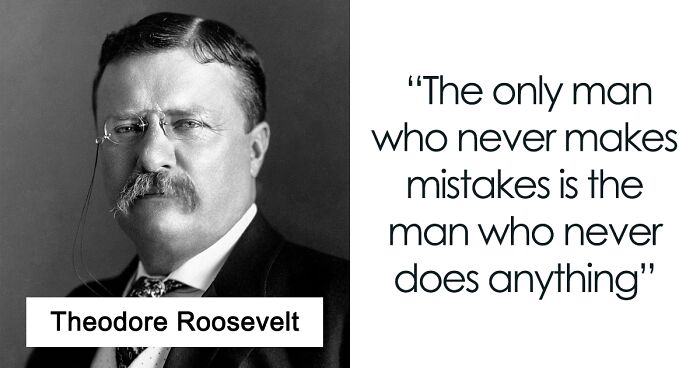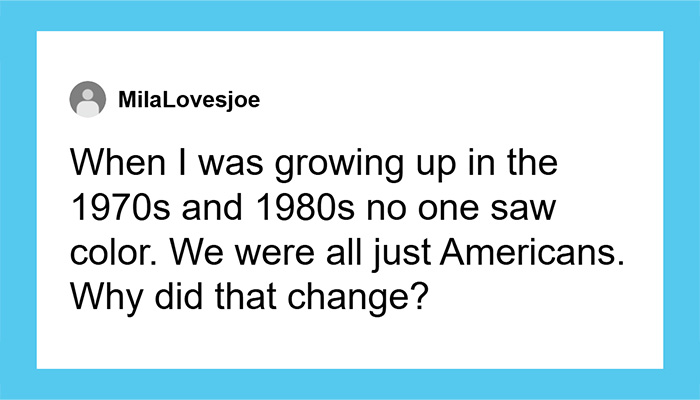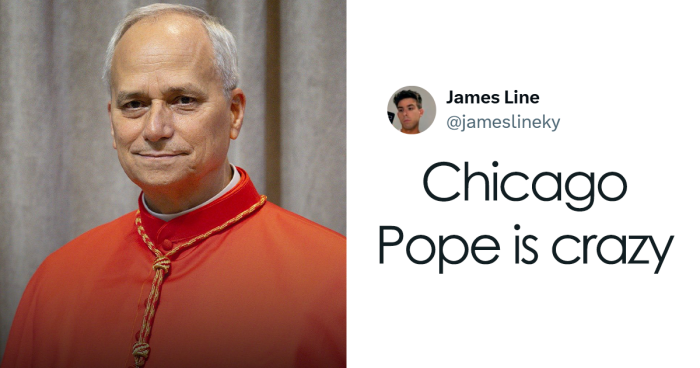When it comes to experiences of life, among other things, they produce lessons and shape you into the person you are now. Inevitably, we take away something from every experience. And after going through various, often unpleasant, ones, we may start viewing the world in a different light. That might be how many of these wisdom quotes were born.
Life experiences can produce a wide variety of quotes about wisdom. The sayings of Winston Churchill come from rough stages of humanity, hardened by tough character and will. On the other hand, we have wise words by Oscar Wilde, with a dash of artistic spice added to them. These seemingly different worlds can collide yet still make sense. Even though we won’t be going through the exact scenarios these historical figures did, we can still apply their thoughts to our daily lives.
So if you’ve been struggling to find purpose or meaning, learning from paths already traveled could help. This way, we hope your journey of chasing answers will no longer look like a never-ending road. And if you arm yourself with these wisdom quotes about life, no obstacle in front of you will seem unbeatable.
Don’t wait any longer and lose yourself in this list of wisdom quotes, let them inside your heart, and you’ll be one step closer to solving life’s mysteries. Vote for your favorites, and share any sayings you found touching with those around you.
This post may include affiliate links.
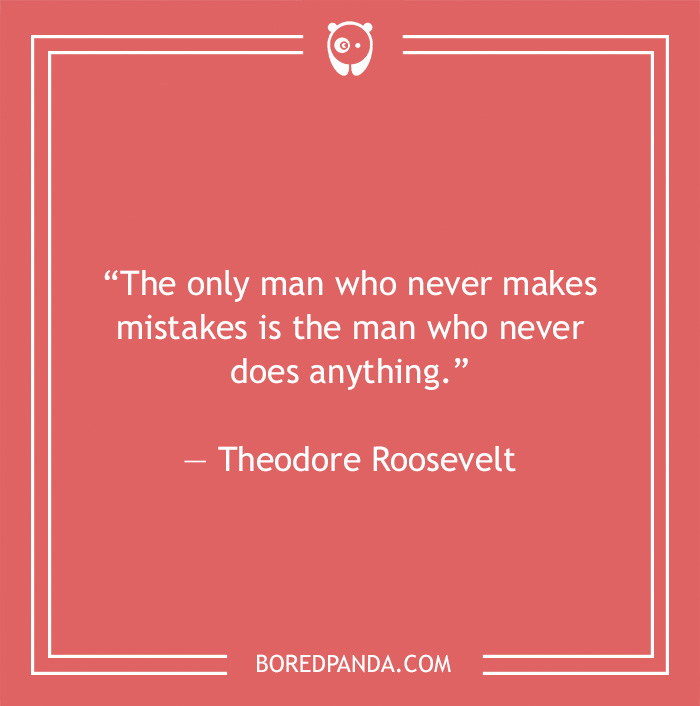 “The only man who never makes mistakes is the man who never does anything.” ― Theodore Roosevelt
“The only man who never makes mistakes is the man who never does anything.” ― Theodore Roosevelt
Bored Panda got in touch with classical philologist and philosophy doctor Vilius Bartninkas for an interview on all things famous wise quotes and sayings.
"Famous wise quotes need what every product needs—an influencer, who would advertise the idea," elaborated Dr. Bartninkas on how famous wise quotes become famous. "In the past, one famous author would be quoted by another and thus the phrase begins its own life. The phrase usually starts its journey in a good book. The more successful the author, the faster the spread of the idea. It really helped if the person established a school or club of followers, because it is highly likely that the pupils will quote them. Look at Socrates, the Athenian philosopher. He didn't write a thing, but his quotes would probably make a book or two."
“The best index to a person's character is how he treats people who can't do him any good, and how he treats people who can't fight back.” ― Abigail Van Buren
“A lie can travel half way around the world while the truth is putting on its shoes.” ― Mark Twain
I was never fond of his books, but his quotes and epic witty rejoinders make me fond of his humor.
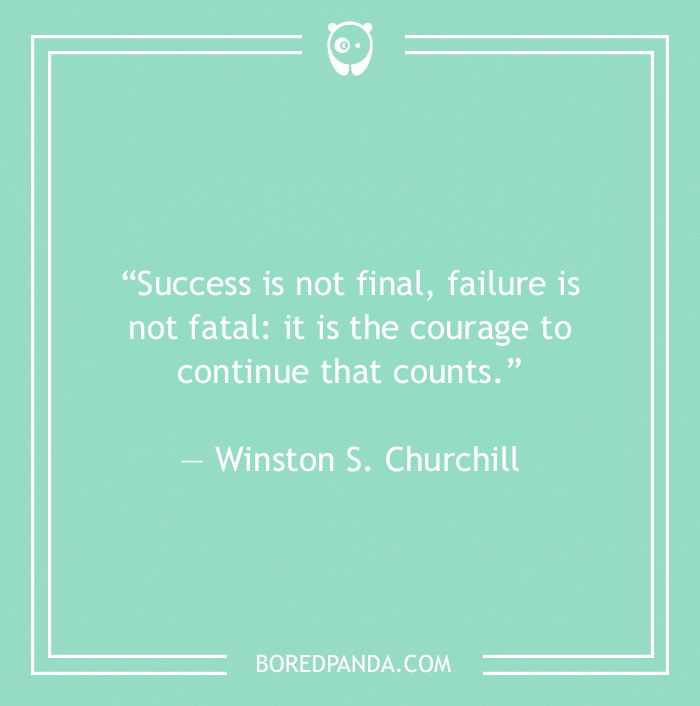 “Success is not final, failure is not fatal: it is the courage to continue that counts.” ― Winston S. Churchill
“Success is not final, failure is not fatal: it is the courage to continue that counts.” ― Winston S. Churchill
Dr. Bartninkas continued: "Sometimes people would even invent a quote and misattribute it to someone famous. The reason is simple—the chances your idea survives on the shoulders of a giant are much greater. This is precisely how so many philosophical sayings came to us from the ancient Greeks and Romans. And after a few hundred years of repetition, a popular phrase may transform into its final form—folk wisdom, when everyone knows the saying, but no one can pinpoint the place of origin."
"The only difference between now and then is that today everyone can do this. Wisdom is much more democratic these days. You can skip the part of becoming a writer or a philosopher and just advertise your wisdom on social media."
“To be yourself in a world that is constantly trying to make you something else is the greatest accomplishment.” – Ralph Waldo Emerson
"Never interrupt your enemy when he is making a mistake." ― Napoleon Bonaparte
“I’m not in this world to live up to your expectations and you’re not in this world to live up to mine.” ― Bruce Lee
 “In a time of deceit telling the truth is a revolutionary act.” ― George Orwell, 1984
“In a time of deceit telling the truth is a revolutionary act.” ― George Orwell, 1984
Looking at it from a linguo-technical point of view, Dr Bartninkas highlihts at least two key factors necessary for a successful quote: rhetorical appeal and and a certain level of abstractness.
"[First], it has to have a rhetorical punch, so that when you read it, [it feels like it's] 'in your face' or 'oh, that's so inspiring'. A good idea creates an emotional connection and allows us to memorise more easily."
"Second, it needs to be abstract enough to survive the limits of our own culture. You want your idea to leave some room for interpretation in order to resonate with people who will live according to different conditions and values. Otherwise, the future will not understand it and everybody will forget it."
“Everything we hear is an opinion, not a fact. Everything we see is a perspective, not the truth.” ― Marcus Aurelius , Meditations
I see a danger in this quote as it'll lead to people use this quote to equal opinion and facts.
“The saddest aspect of life right now is that science gathers knowledge faster than society gathers wisdom.” ― Isaac Asimov
“Two things are infinite: the universe and human stupidity; and I'm not sure about the universe.” ― Albert Einstein
“I know not with what weapons World War III will be fought, but World War IV will be fought with sticks and stones.” ― Albert Einstein
According to Dr. Bartninkas, quotes often revolve around more personal themes, such as individual growth, everyday challenges, deeper misconceptions, valuable choices, and true aims. Thus, the phrase gains power, enough to resonate with the heart and soul. It is as if it wants to become your motto, it wants you to live by them, and it wants you to think that they express who you are.
“Knowing yourself is the beginning of all wisdom.” ― Aristotle
"Life is not a problem to be solved, but a reality to be experienced." ― Soren Kierkegaard
 “It is the mark of an educated mind to be able to entertain a thought without accepting it.” ― Aristotle, Metaphysics
“It is the mark of an educated mind to be able to entertain a thought without accepting it.” ― Aristotle, Metaphysics
“The flame that burns twice as bright burns half as long.” ― Lao Tzu, Te Tao Ching
So, here's a question: who has a bigger stake in coining now-famous phrases and quotes: philosophers, thinkers, and theorists, or the likes of politicians, generals, and celebrities? Dr. Bartninkas says it's not about professions, but rather the context:
"Imagine you had a busy day, after which you say to your friend: 'when all has been done, there is still something left to do, when all has been said, there was not yet said enough'. You are probably tired, your friends feel sorry for you, but the phrase looks like a preposterous overstatement."
"Now, imagine that this was said by a general before a battle with epic proportions, after he lost the entire army and crippled the power of his country. The phrase suddenly becomes prophetic, melancholic, even moving."
Fun fact, the aforementioned phrase is one of Dr. Bartninkas' favorites, and it's said by ancient Greek historian Thucydides. "I hope it inspires you to read him. And this is really what wise quotes should do, namely to direct you to the precious works of their authors," elaborates he.
“When you are content to be simply yourself and don’t compare or compete, everyone will respect you.” – Lao Tzu
“To live is the rarest thing in the world. Most people exist, that is all.” ― Oscar Wilde
 “Do not fear to be eccentric in opinion, for every opinion now accepted was once eccentric.” ― Bertrand Russell
“Do not fear to be eccentric in opinion, for every opinion now accepted was once eccentric.” ― Bertrand Russell
While I agree with that, I'm not sure if this is good advice anymore...
“As a well spent day brings happy sleep, so life well used brings happy death.” ― Leonardo da Vinci
“We accept the love we think we deserve.” ― Stephen Chbosky, The Perks of Being a Wallflower
Dr. Bartninkas is a published author and academic whom you can follow on LinkedIn as well as on Vilnius University's Academia platform.
But before you scurry off to another one of Bored Panda's articles, why not let us know some of your favorite quotes in the comment section below!
"When it is obvious that the goals cannot be reached, don't adjust the goals, adjust the action steps." ― Confucius
 “The more I read, the more I acquire, the more certain I am that I know nothing.” ― Voltaire
“The more I read, the more I acquire, the more certain I am that I know nothing.” ― Voltaire
“Love all, trust a few, do wrong to none.” ― William Shakespeare, All's Well That Ends Well
“There are three things all wise men fear: the sea in storm, a night with no moon, and the anger of a gentle man.” ― Patrick Rothfuss, The Wise Man's Fear
The anger of a gentle man.. reminds me of Dr Who's "When a good man goes to war"
“We have to create culture, don't watch TV, don't read magazines. Create your own roadshow. The nexus of space and time where you are now is the most immediate sector of your universe, and if you're worrying about Michael Jackson or Bill Clinton or somebody else, then you are disempowered, you're giving it all away to icons, icons which are maintained by an electronic media so that you want to dress like X or have lips like Y. That is all cultural diversion, and what is real is you and your friends and your associations, your highs, your orgasms, your hopes, your plans, your fears. And we are told 'no', we're unimportant, we're peripheral. 'Get a degree, get a job, get a this, get a that.' And then you're a player, you don't want to even play in that game. You want to reclaim your mind and get it out of the hands of the cultural engineers who want to turn you into a half-baked moron consuming all this trash that's being manufactured out of the bones of a dying world.” ― Terence McKenna
He lost me at "don't watch TV." If I didn't watch T.V, I wouldn't learn anything! I get my medical knowledge from 'scrubs', my Law enforcement knowledge from 'The Wire' and I have 'Game of Thrones' to thank for my vast knowledge of history. Thanks to 'The Walking Dead', I am well prepared for when the zombie apocalypse arrives and I have no fear of death thanks to 'The Good Place'.
“Every intelligent individual wants to know what makes him tick, and yet is at once fascinated and frustrated by the fact that oneself is the most difficult of all things to know.” ― Alan Watts
Alan Wilson Watts was an English writer and speaker known for interpreting and popularizing Indian and Chinese traditions of Buddhist, Taoist, and Hindu philosophy for a Western audience. Born in Chislehurst, England, he moved to the United States in 1938 and began Zen training in New York.
 “The mind is everything. What you think you become.” – Buddha
“The mind is everything. What you think you become.” – Buddha
Note: this post originally had 180 images. It’s been shortened to the top 30 images based on user votes.
"Dude, suckin' at something is the first step to being sorta good at something." ― Jake the Dog
“One small fact: you are going to die. Despite every effort, no one lives forever. Sorry to be such a spoiler. My advice is when the time comes, don't panic. It doesn't seem to help.” - Roger Allen (The Book Thief)
"Dude, suckin' at something is the first step to being sorta good at something." ― Jake the Dog
“One small fact: you are going to die. Despite every effort, no one lives forever. Sorry to be such a spoiler. My advice is when the time comes, don't panic. It doesn't seem to help.” - Roger Allen (The Book Thief)

 Dark Mode
Dark Mode 

 No fees, cancel anytime
No fees, cancel anytime 



